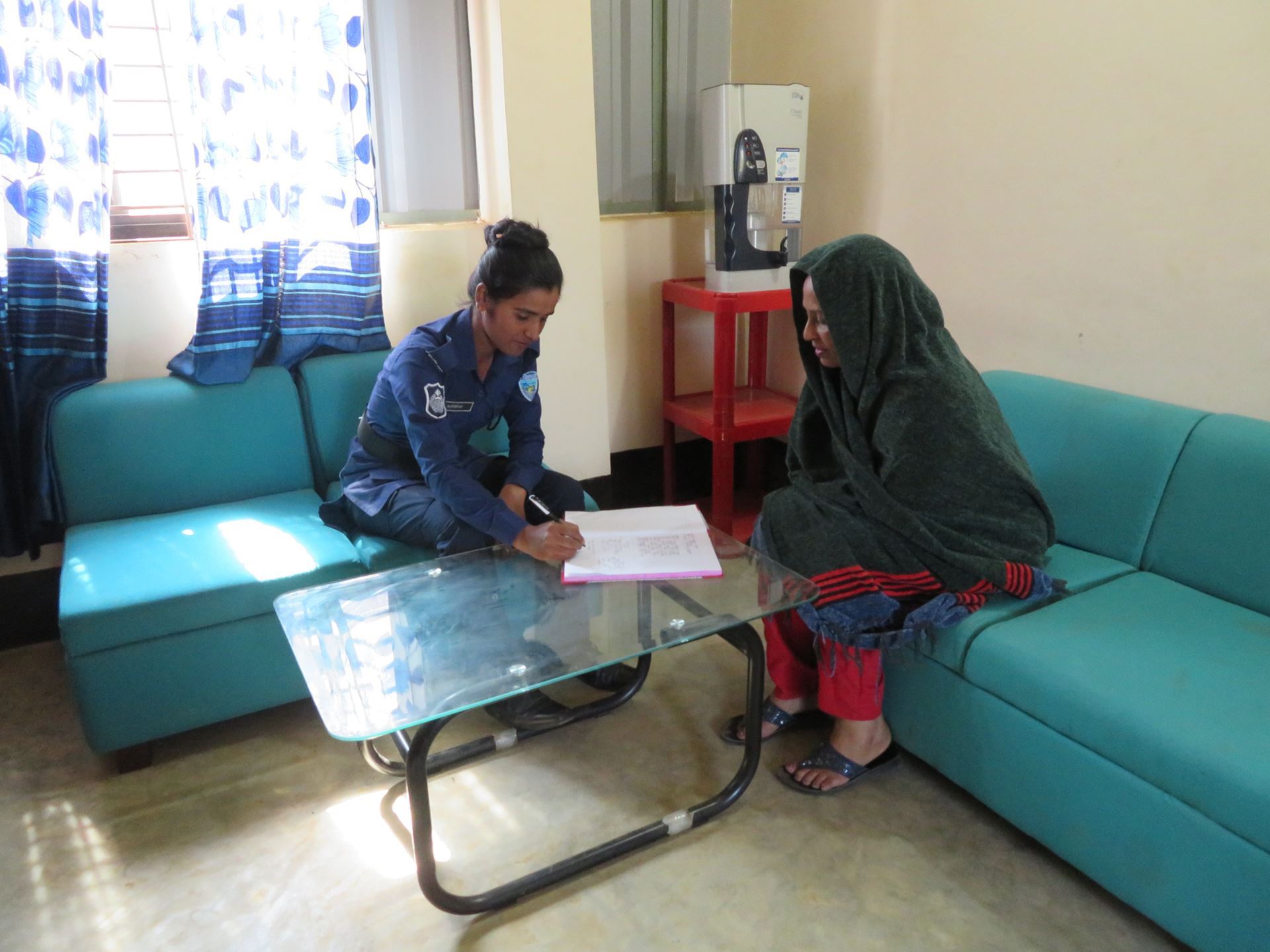Gender-responsive policing
What is Gender-Responsive Policing?Gender-responsive policing means that the needs of all parts of the community, women and girls, men and boys including minority or marginalised groups, are considered to ensure no group is disadvantaged over another in its treatment by the police. Gender-responsive policing does not mean that men and women within the police must perform the same roles to gain equity. However, they should both enjoy equality opportunity to choose the role that most suits their individual needs and strengths. Gender-responsive policing is important for all crimes. It is not about pigeonholing female police officers into roles that only deal with women and children but recognising that their visible presence in all forms of policing will increase trust and confidence of the police in communities that are, after all, around 50% female. The UN Women Handbook on Gender-Responsive Police Services for Women and Girls Subject to Violence was launched in January 2021. Members of the International Association of Women Police (IAWP) were actively involved in the handbook’s development with contributions from both active and retired police officers and we will continue to be involved in its implementation. The handbook aims to provide police officers and institutions with the necessary knowledge and skills, training methodologies and practical guidance, as well as good practices, gaps and lessons learned from different countries. It covers areas such as: gender-responsive police investigations; prevention; intersectionality; survivor-centred approaches; promoting positive masculinities; coordination; institution-building; and emerging issues such as online and ICT-facilitated violence against women and girls. |
|
Commitments on Gender-responsive policingWe publicly commit to promoting gender-responsive policing by:
|
Police/Law Enforcement Associations, Networks, Organisations and Institutions:
International Association of Women Police - Deborah Friedl, President
Bellevue Police Department, Nebraska, USA - Ken Clay, Chief of Police
Centre for Law Enforcement and Public Health (CLEPH) - Nick Crofts, Director
Global Law Enforcement & Public Health Association (GLEPH) - Richard Bent, President
La Police Nationale, Senegal, Africa - Modou Diagne, Director General


